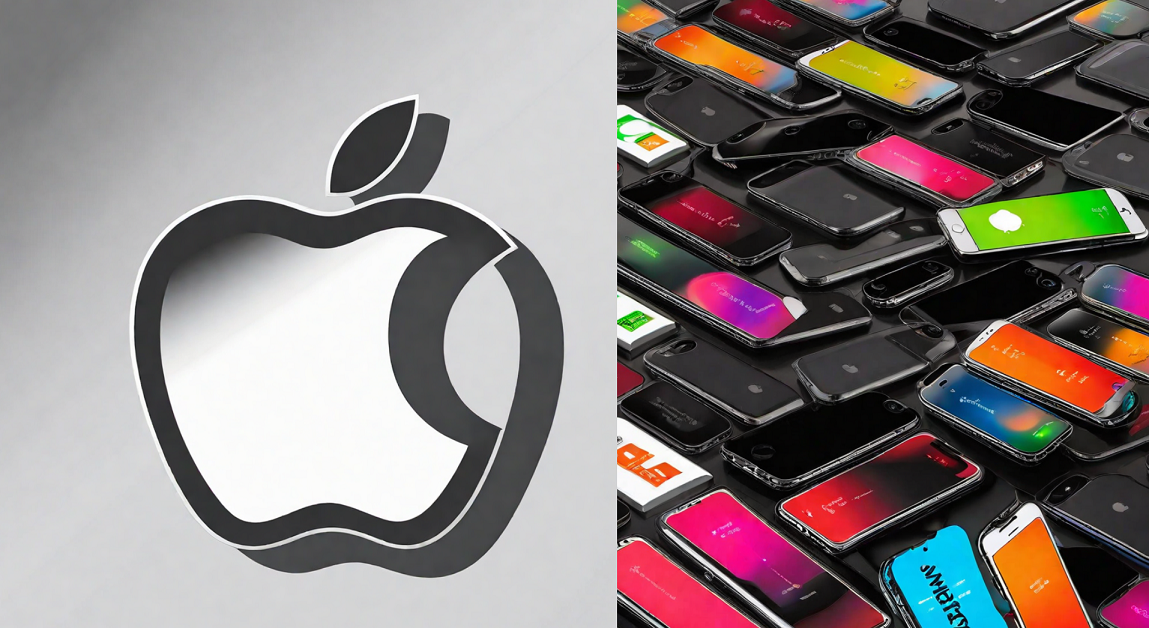
In a groundbreaking move, Apple is steering its battery supply chain away from China and towards India, signaling the tech giant's commitment to diversifying its global manufacturing operations. The world's most valuable company has reportedly informed its component suppliers of its preference to source batteries for the upcoming iPhone 16 from Indian factories, a decision that aligns with Apple's broader strategy to reduce its dependency on China.
According to sources close to Apple, battery manufacturers, including China's Desay and Taiwan's Simplo Technology, have received encouragement to establish new production facilities in India. Simplo Technology, a known battery supplier for Apple, has been specifically asked to scale up its production in India to accommodate future orders. The move is seen as a strategic step, and if successful with the iPhone 16 battery supply, Apple intends to further shift iPhone battery production to India.
An additional development involves TDK, a Japanese supplier for Apple, setting up a sizable facility in Manesar, Haryana, India. The facility, spanning 180 acres, aims to produce battery cells for iPhones manufactured in India. This initiative received praise from Indian government officials, further reinforcing Apple's commitment to India's "Make in India" manufacturing drive.
TDK has confirmed the commencement of construction for its Indian plant, with plans to begin production in 2025. Companies like Desay and Simplo play a crucial role, packaging electric cells produced by TDK and sending them to major assemblers such as Foxconn.
This strategic move by Apple is part of its ongoing effort to reduce reliance on China for manufacturing and supply chain operations, particularly in the wake of escalating trade tensions between the United States and China. While Apple has been successful in increasing production in countries like Vietnam and India, replicating the scale and efficiency of its Chinese operations remains a challenge.
The decision to source iPhone 16 batteries outside China not only aligns with Apple's global diversification strategy but also supports the Indian government's "Make in India" initiative. The Indian government has been providing incentives to companies investing in sectors such as mobile phones, batteries, and other targeted areas.
Apple had previously manufactured its iPhone 15 in both India and China, with Taiwanese contract manufacturers Foxconn, Pegatron, and Wistron handling production. Notably, Foxconn, Apple's largest supplier, recently announced plans to invest over $1.5 billion in a new production facility in India.
Despite these positive developments, industry experts and local officials acknowledge that Apple's suppliers face challenges in expanding production in India. Stricter regulations on foreign investment, implemented in 2020, demand approval from the central government for investments from countries sharing a border with India. This poses hurdles for companies associated with Chinese investment.
India's efforts to attract foreign investment, particularly in sectors like electronics, sometimes clash with its stringent stance on Chinese investment. Chinese battery-maker Sunwoda, with a factory in Uttar Pradesh, currently supplies batteries for Apple. However, Desay, another Chinese company, may encounter obstacles in establishing new facilities in India, according to industry insiders.
The complexities of navigating regulatory restrictions are evident in cases like Luxshare, Foxconn's Chinese rival, which failed to secure Indian government approval for expansion. Instead, Luxshare announced a substantial expansion in Vietnam.
Analysts emphasize the advantage of having established factories in India, citing it as a preference for Apple if the quality meets standards. As Apple continues to make strategic moves to reshape its global supply chain, the shift towards Indian manufacturing for iPhone 16 batteries marks a significant milestone.
Apple, Desay, Simplo, and Luxshare have not responded to requests for comments as of now.
In conclusion, Apple's decision to manufacture iPhone 16 batteries in India reflects a broader trend in the tech industry to diversify production locations and reduce reliance on a single country. As geopolitical tensions persist, such moves become critical for companies to ensure a resilient and sustainable supply chain.